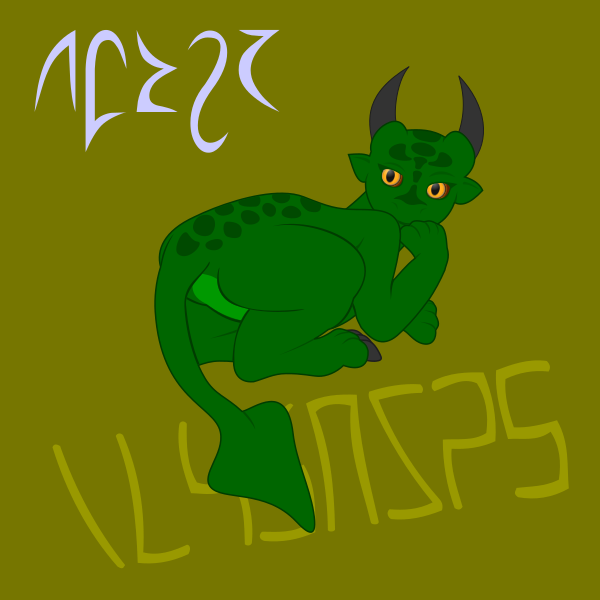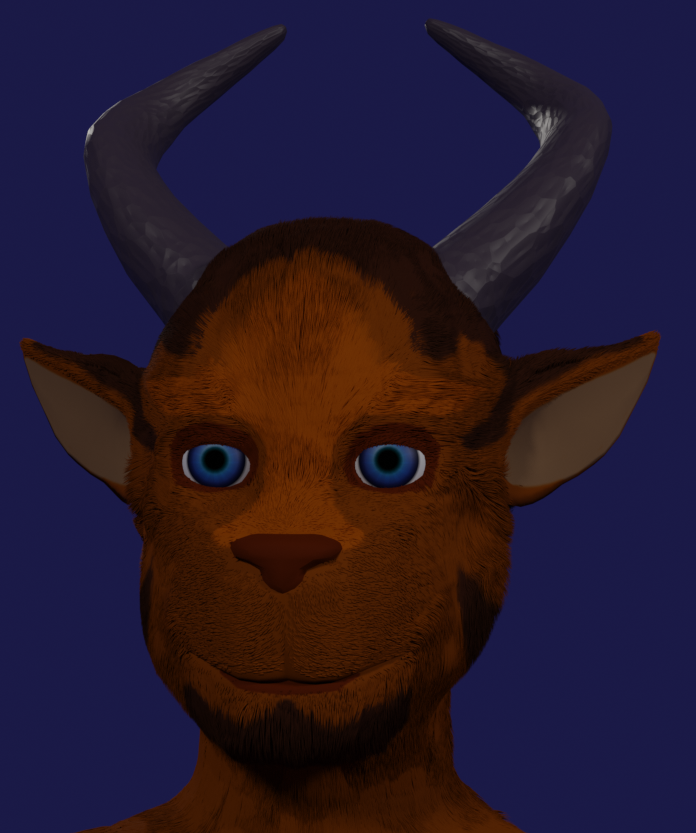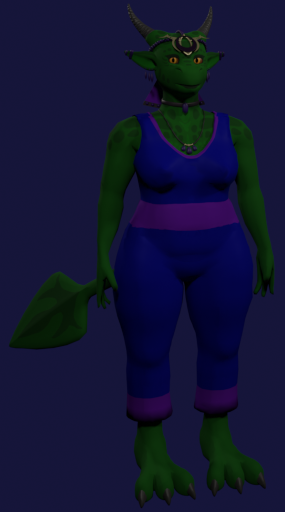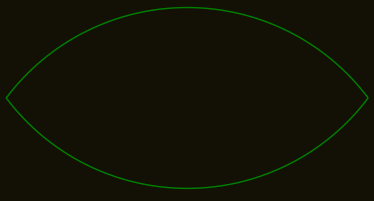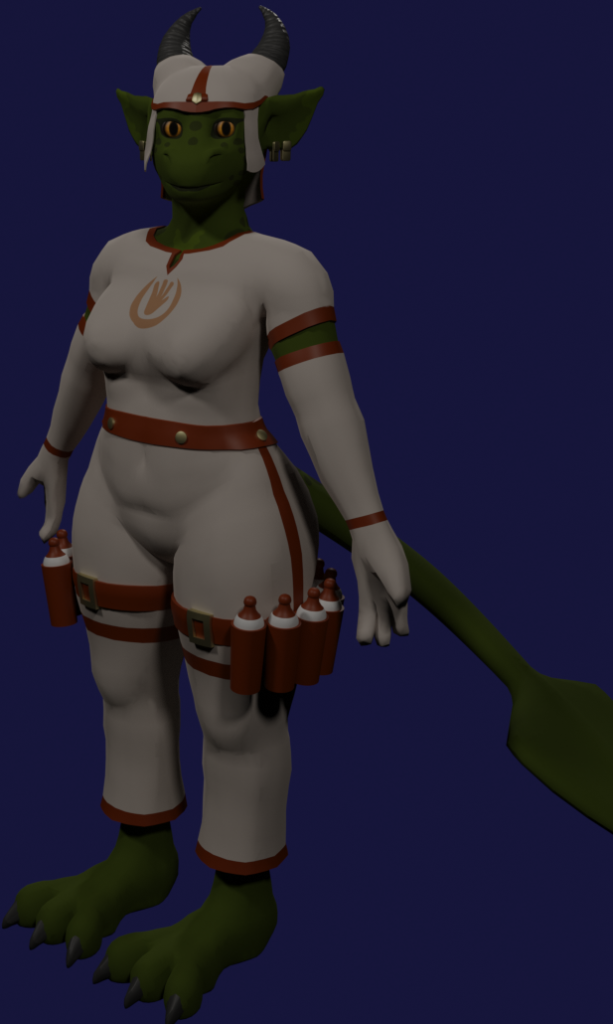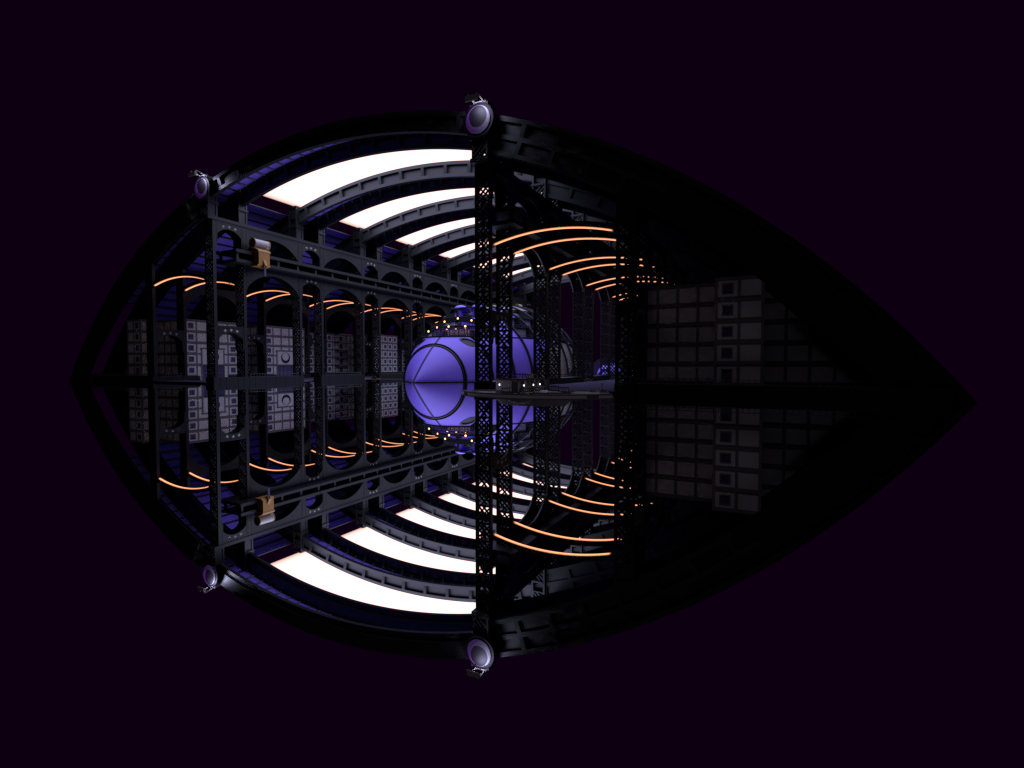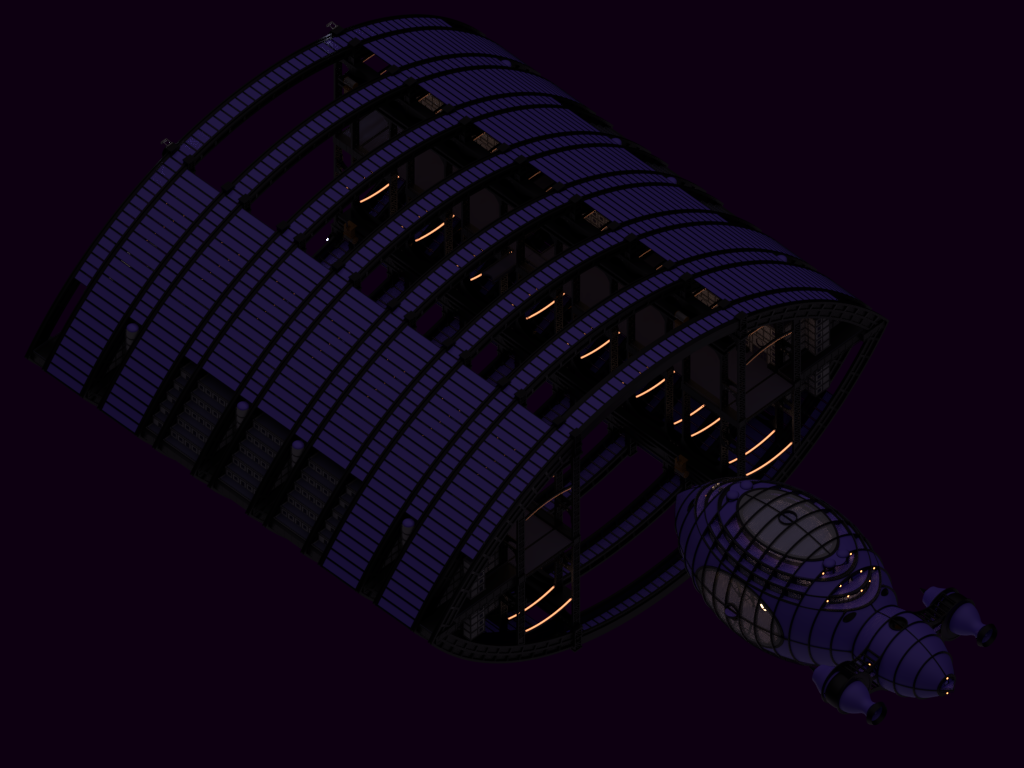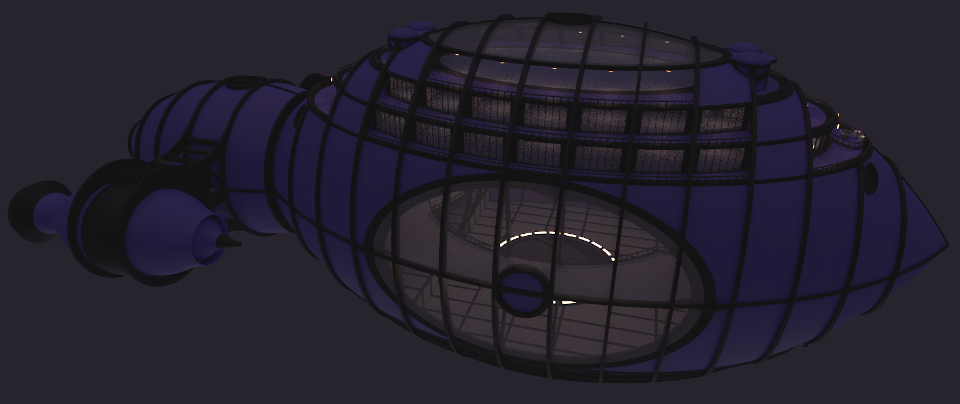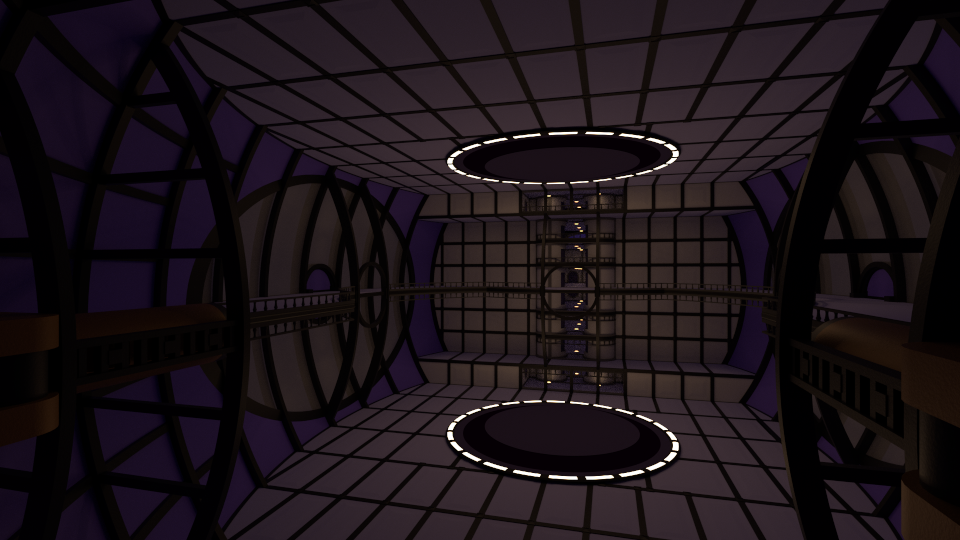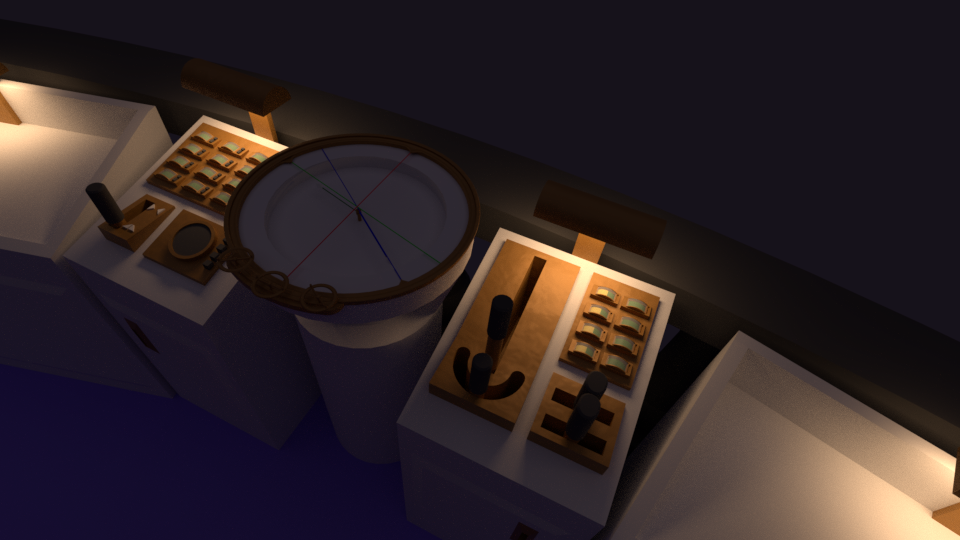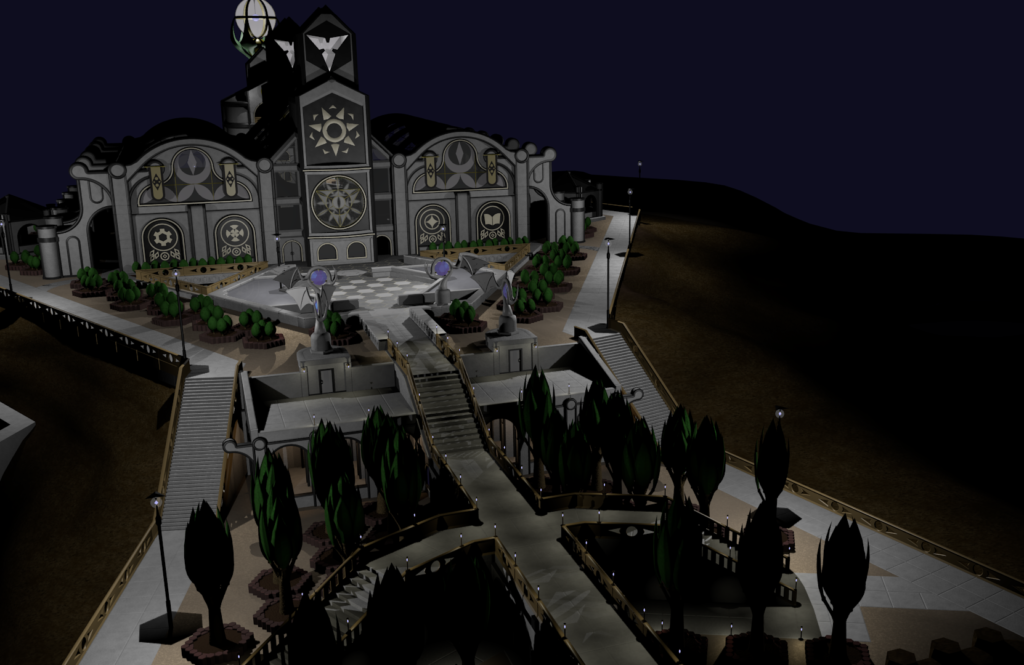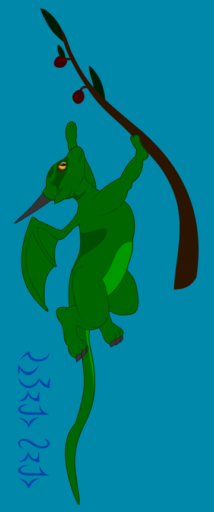
According to the legend, Tama-Tameree was a Prerart that had wings and could fly. Though quite a fantastical character at first glance, the fact that the Prerarts are closely related to the Agwil, a race that also has wings and can fly, lends some possibility to her being more than a myth.
According to one of the most ancient of legends, a group of arrogant Agwil were turned into Prerarts as divine punishment. Though they anguished over their new bodies, many began to get used to their fate and their children embraced their small and flightless existence. Perhaps a genetic glitch brought back a few Agwil traits to Tama-Tameree.
Her famous feat was to go on a long journey up one of the river valleys that flow into Basu Lake. Far up along a distant mountain tributary, she discovered a new species of tree with red berries. She carefully tested them and found them delicious. They had a pleasant sweetness and a hint of spiciness that remained on the tongue afterwards. She liked them so much that she ate her fill of them and decided to declare this her trip’s destination. She then returned to her village at Basu Lake, but when she did she spit out a gift for them – a mouthful of seeds from those wonderful berries. The village successfully cultivated trees from them and these became the favorite food of the Prerarts. The fruit would eventually be named bakromock, or fire berry, and also became a favorite of the Agwilikans and Akelikans.
Meta fact time: The image as well as the one for Pamar are based on drawings I made in Flash back in the day. I no longer have the original Flash files, only exported images, so I’ve been retracing these in Inkscape. Most of the Legendary Prerart pictures were also from a time where Prerarts and Agwilikans had vestigial wings, but after a great deal of internal debate I decided to scrap that idea. Tama-Tameree happens to be the one character that keeps the wings. Then all I needed to do was recolor the eyes.

